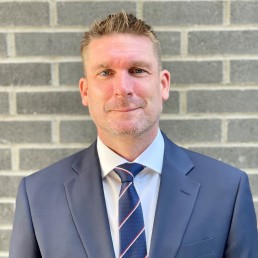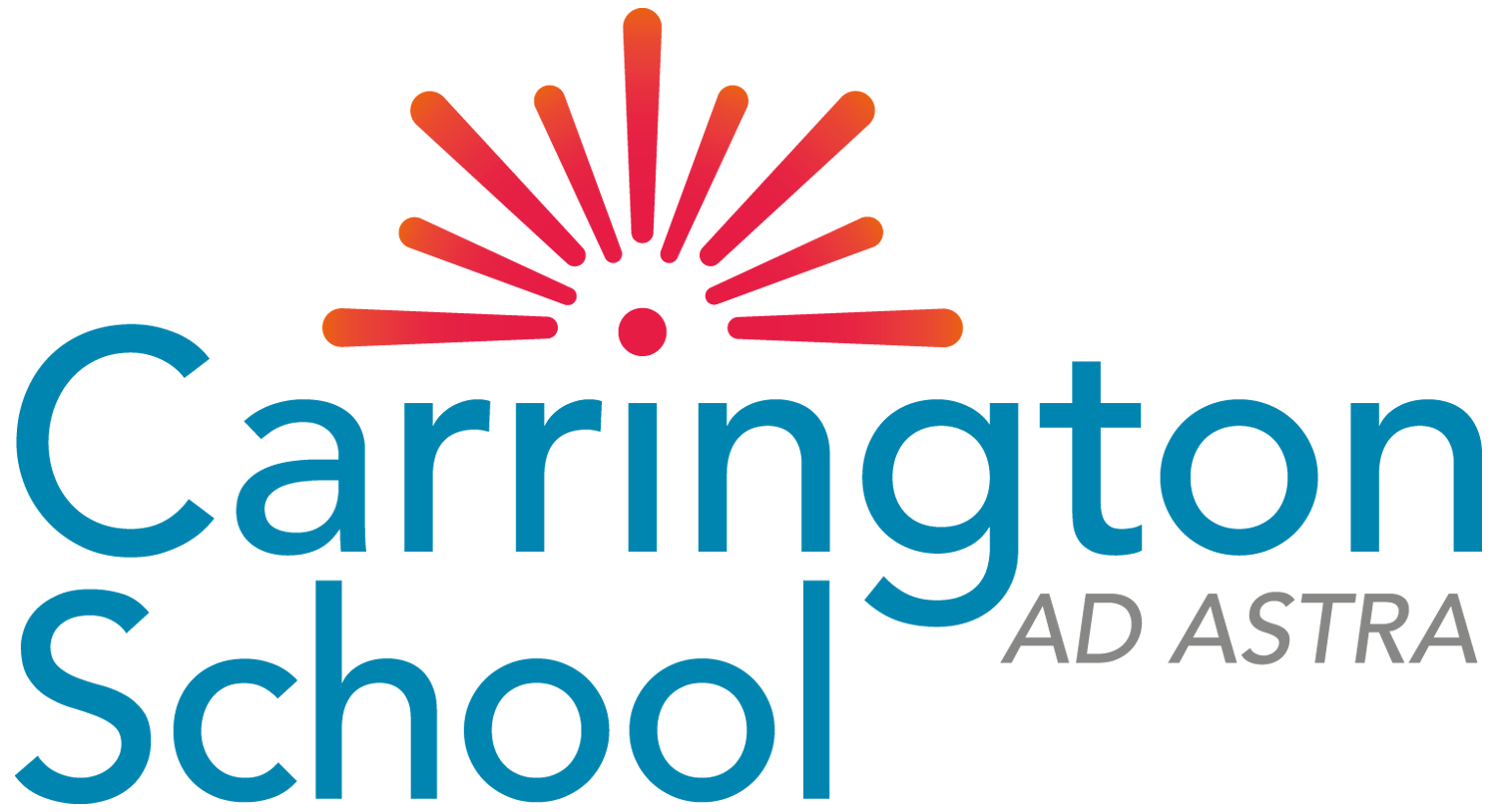Supporting Learning
Special Educational Needs & Disabilities (SEND)
There are a wide range of Special Educational Needs and Disabilities (SEND) at Carrington School. We have a fully inclusive culture and comply with the requirements outlined in the SEND Code of Practice 2015.

Our SEND Policy outlines our approach to identifying students with SEND and assessing their needs. Our approach follows the Graduated Response of Assess, Plan, Do, Review as detailed in the Special Educational Needs Code of Practice (2015).
Led by our Director of Learning & SENCo (Special Educational Needs Coordinator) Mr Sorensen, SEND is one of the facets of DICE (Developmental and Inclusive Centre of Excellence) that draws together the wider understanding of a child or young person’s needs, to ensure that the correct support and intervention is in place for learning, behavioural and wellbeing needs.
To contact the Learning Support Team please email senco@carringtonschool.org.
Please visit our policies page to read our SEND Policy.
Forest School
 A child-centred inspirational learning process that offers opportunities for holistic growth through regular sessions, Forest School is a long-term program that supports play, exploration and supported risk-taking. It develops confidence and self-esteem through learner inspired, hands-on experiences in a natural setting.
A child-centred inspirational learning process that offers opportunities for holistic growth through regular sessions, Forest School is a long-term program that supports play, exploration and supported risk-taking. It develops confidence and self-esteem through learner inspired, hands-on experiences in a natural setting.
We began our Forest School experiences nearly 20 years ago and over the past seven years we have offered weekly 2-hour sessions to selected Year 7 students, each group spending one term on a programme of Forest School activities. The sessions are run during the school day and are planned and delivered by two members of staff, Mr Everett and Mrs Tully, who are qualified Forest School Leaders.
Access to Education (A2E)
Access to Education (A2E) is a service provided for students with additional educational needs, this can be for students who are at risk of education or those who are missing out on mainstream education for other reasons.
A2E offers a short-term service for children/young people who through exceptional circumstances cannot attend school including medical reasons and permanent exclusions. This service includes teaching; emotional, behavioural and social development work; and mentoring. This is all accessed via a Virtual Learning Environment (VLE).

